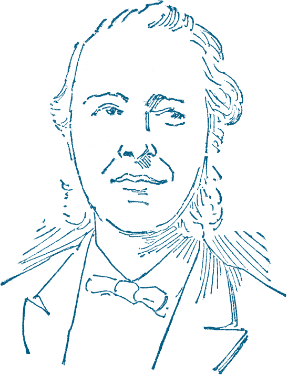NOTICE 03/27/25:
Due to uncertainties related to federal funding, all grant opportunities are paused.
HNY is following guidance provided by the National Endowment for the Humanities (NEH). For more information regarding executive branch decisions and their impact on the state councils, visit the NEH website.
Grants support projects that activate, frame, or deepen our understanding of what it means to be human. Through our programs for community and cultural organizations and graduate students, we strive to ensure that all New Yorkers may access the tools and experiences of the humanities.

HCI Grants
The Humanities Centers Initiative
Funding for humanities graduate students at nine participating
universities to explore the public application of scholarly interests.
Frequency: Annual
Applications: Currently paused
Amount: $4,000 or $8,000 depending on institution
Action Grants
For the implementation of projects that encourage local audiences to reflect on their values, explore new ideas, and engage with others in their communities.
Frequency: Twice per year
Applications: Currently paused
Amount: Up to $15,000
Reading & Discussion Grants
Opportunities for communities to explore a resonant topic through a series of thematically linked texts and facilitated conversations.
Frequency: Twice yearly
Applications: Currently paused
Amount: Up to $2,000
What Are HNY Cohorts?
Coming soon in 2025, grantees will have the opportunity to join HNY Cohorts: groups of organizations sharing similar missions that meet periodically to discuss current relevant topics. Cohorts are intended to help active organizations break out of their respective silos and engage in more frequent dialogue with one another, with a panoramic view toward the strengthening the state’s communities.
Credit: Thomas Mundell
Sign up to HNY’s Grants newsletter to stay up to date on funding opportunities and deadlines.
Credit: Thomas Mundell
Grant Portal
All applicants are required to submit materials through our platform. Register for an account, or log in to access current and past applications.
Frequently Asked Questions
Why are grants "currently paused?"
Due to uncertainties related to federal funding, all grant opportunities are paused.
HNY is following guidance provided by the National Endowment for the Humanities (NEH). For more information regarding executive branch decisions and their impact on the state councils, visit the NEH website.
Am I eligible to apply?
Any tax-exempt organization that is based in and serves New York State may apply for grant opportunities. This includes non-profits; municipalities (and libraries whose charters are tied to their municipalities); Native nations; and tribal governments.
Except in the case of the Humanities Centers Initiative (HCI) grant, HNY does not award individuals. Students enrolled in humanities programs at nine partnering state institutions are eligible to apply to the HCI grant.
Are certain organizations and/or projects given special consideration?
We prioritize equitable geographical distribution of our grant funding. Within each grant round we strive to make awards in as many regions of the state as possible. We also prioritize support to rural and small (those with yearly operating budgets of less than $250,000) organizations.
We value projects that reach audiences with fewer opportunities to attend educational and cultural programming.
What types of projects does HNY fund?
Competitive proposals are engaging to a variety of New Yorkers and do not require specialized knowledge to participate in or enjoy. Regarding format, we support innovative approaches to the design and delivery of programming and are especially appreciative of ideas that include opportunities for participants to meet and converse with others in their communities. Exhibitions, live performances, workshops, and film series are just a few examples of commonly awarded projects.
Are Quick and Vision grants still offered?
In short, no. But HNY will continue to fund smaller–scale projects via the Action Grant. Read more about the singular, streamlined offering.
